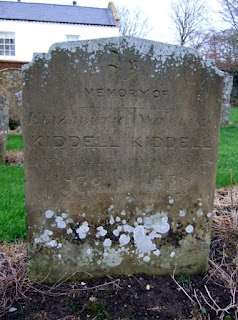"Once again, the kingdom of heaven is like a net that was let down into the lake and caught all kinds of fish. 48When it was full, the fishermen pulled it up on the shore. Then they sat down and collected the good fish in baskets, but threw the bad away. 49This is how it will be at the end of the age. The angels will come and separate the wicked from the righteous 50and throw them into the fiery furnace, where there will be weeping and gnashing of teeth.
In the Christian tradition, hell is not seen as being beyond Jesus’ reach although Mexican Cardinal Javier Lozano Barragan, argued (2nd December 2009) that gay men will never go to heaven and are an insult to God. This statement was subsequently toned down by the well practised Vatican
Gay men and possibly Lesbians didn’t have to wait for the Cardinal to make his pronouncement. Gay men have been quite sure (from the teachings of the Church) that they will join in Dante’s 7th circle of Hell. Gay men has usually been seen by the Church as being damned without recourse to a complaints procedure. The implicit teaching of the Church has been that Jesus would not want to save gay men as opposed to the idea that Jesus could not save gay men.
We may speculate on salvation in an erudite manner although in reality gay men are seen negatively in the New Testament and as such their souls have been perceived as ‘persona non grata’ in heaven. This does have repercussions on the cemetery as a place of re-integration, where the living and the dead come together and where the departed start their journey to the other side
 |
| Is sin eternal or does the tariff of sin change?
© Godric Godricson
|
We may speculate on salvation in an erudite manner although in reality gay men are seen negatively in the New Testament and as such their souls have been perceived as ‘persona non grata’ in heaven. This does have repercussions on the cemetery as a place of re-integration, where the living and the dead come together and where the departed start their journey to the other side
I think that the 21st century has been a real problem for the Churches in the United Kingdom
Matthew delegated the job of selecting the souls of the “Wicked” or “Righteous to the angels and it seems that they will decide our fate but we may ask what are the criteria for selection into the Kingdom of God and has the criteria changed recently? Certainly, 100 years ago being gay in the United Kingdom
 |
| The cemetery as a place of community
© Godric Godricson
|
We are used to seeing on monuments “Dear Father”, “Wonderful wife” but these may soon augmented by “Dutiful Civil partner”? What will it mean for cemeteries when marriage between same sex couples is legalised in the UK
This idea of comparative judgements of “Sin”, “Wickedness” or “Righteousness” fluctuating over time may seem frivolous but it has significance for real people as they try to understand the actions of the Church, their own options for the afterlife and ideas about their last resting place and monuments. Do we happily trust the angels to judge our lives and if they do judge are they judging for just now or for all time? Do we listen to the Mexican Cardinal as he permanently refuses admittance to a percentage of God’s creation? Increasingly, we may ask "just how permanent is damnation and what does that mean?". How serious is it to be condemned to hell by a Cardinal anyway? If we all go to heaven do some people have a better circle in heaven just as Dante would have circles in hell. Are some seats closer to God and how are they allocated? The Churches still retain great powers of leadership and the state tries to harness that power for its own particular ends.
In theUK
 |
| Saint Botolph Banningham
© Godric Godricson
|
In the



